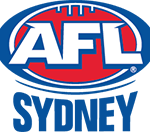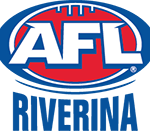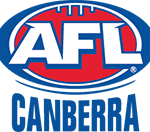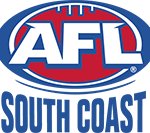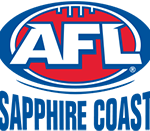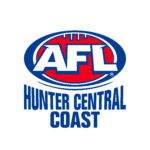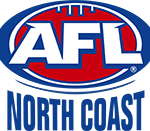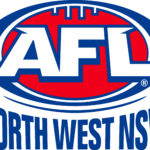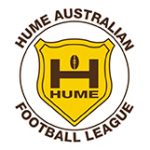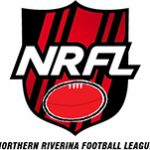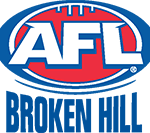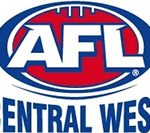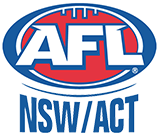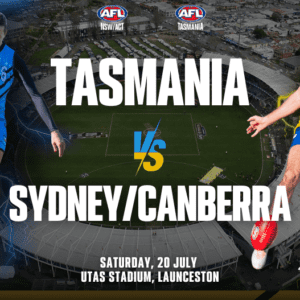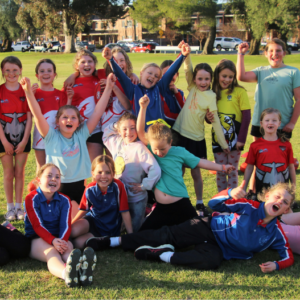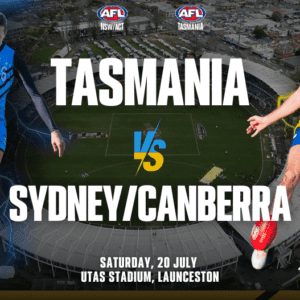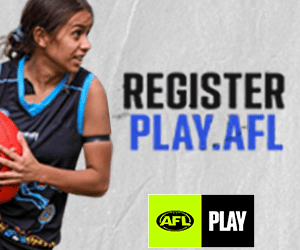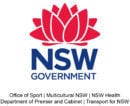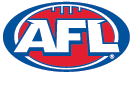Daniel’s a Disability Trailblazer
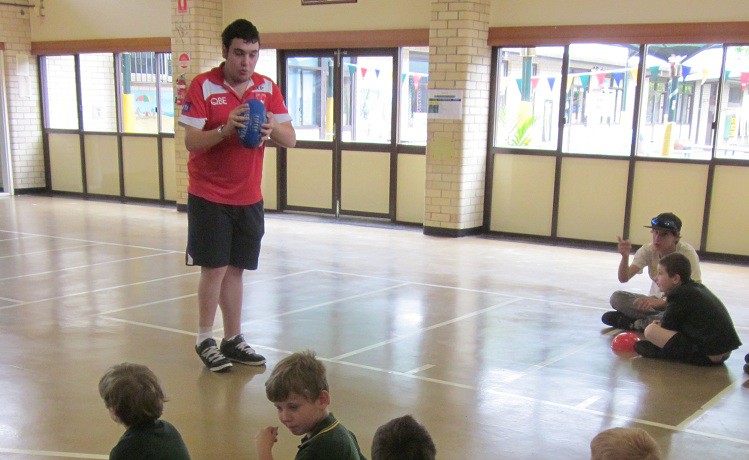
By Sam Canavan
“Daniel is a special kind of guy,” says Sydney/Illawarra Region Manager Simon Wilson.
“He came into our offices as part of a University internship course, and straight away his enthusiasm and passion for bringing AFL to children with a disability was apparent.
“He went out, ran the programs off his own back, and the feedback I’ve had has been great.
“Daniel has been brilliant, and I hope we can continue to work with him next year, and bring his programs to more and more children.”
23-year-old Borzuola smiles upon hearing the glowing endorsement from the man he reported to throughout his stint with AFL NSW/ACT, but it’s not the first praise he’s had heaped on him of late.
After running a series of three week programs – with children from special needs schools at Kogarah, Bondi, and Frenchs Forest – Borzuola’s been flooded with positive endorsements.
“The teachers were very enthusiastic about the programs, and they were all very eager to have me back to do more in 2014,” Borzula explains.
“But it was the kids who were best; despite some of them having very severe disabilities, the activities surrounding AFL put big smiles on their faces, and they were very excited to be able to experience some form of football when I came and visited.”
Borzuola understands better than most just how beneficial sport can be for young people with disabilities.
The fourth year Business student at Sydney’s University of Technology was diagnosed with Cerebral Palsy as a toddler, and has lived with limited function in the right side of his body ever since.
But he’s never let his physical limitations dampen his love for sport; with AFL, and the Sydney Swans, a particular passion.
“I marvelled at the skill of the athletes playing AFL – the game was fascinating to me, with its speed, and excitement – and I quickly fell in love with the red and white,” Borzuola explains.
“And while I followed AFL strongly, I always longed to play in some way, and I taught myself how to adapt to kicking and marking so I could feel a part of the sport.
“I would have gone crazy with happiness had someone come into my primary school and offered to take me through a program tailored for my needs, so that – my own experience – was a big reason for why I wanted to implement these programs myself.”

Above: Daniel Borzuola explains marking to children
The content of the programs was adapted to suit the needs of children with various types of disablity – including kids with intellectual issues, and those confined to wheelchairs – focussing on basic skills including modified marking, drop punt kicking, passing (or handpassing where possible), and general hand-eye coordination.
But having fun was the overaching message, with Borzuola noting the “kids saw it as something different; not just another part of their day.”
For his part, Borzuola smiles when talking about conducting clinics – “I think I enjoyed it more than the kids!” – before turning earnest to explain the importance of delivery to disabled children.
“People conducting programs targeted at disabled children will often come in and conduct the lesson as if they are talking to children who are lesser,” Borzuola says.
“They’ll smile a lot and speak in a sing-song voice, referrring to children as ‘very special,’ and often it comes off as a bit patronising.
“For a child with a disability – and I know this from experience – you already feel different enough, and you yearn to be treated and spoken to just like everybody else.
“I was extremely conscious of that in delivering my programs.
“I don’t make it patronising – I still call it AFL, still use the right posts, and explain it in a way that lets kids know they’re still doing AFL, just a little differently.
“You don’t have to do it the way the professional athletes do, it’s about getting as much out of it as you can, and enjoying that.”
Any schools interested in a disability-specific AFL program can send an online enquiry here.
